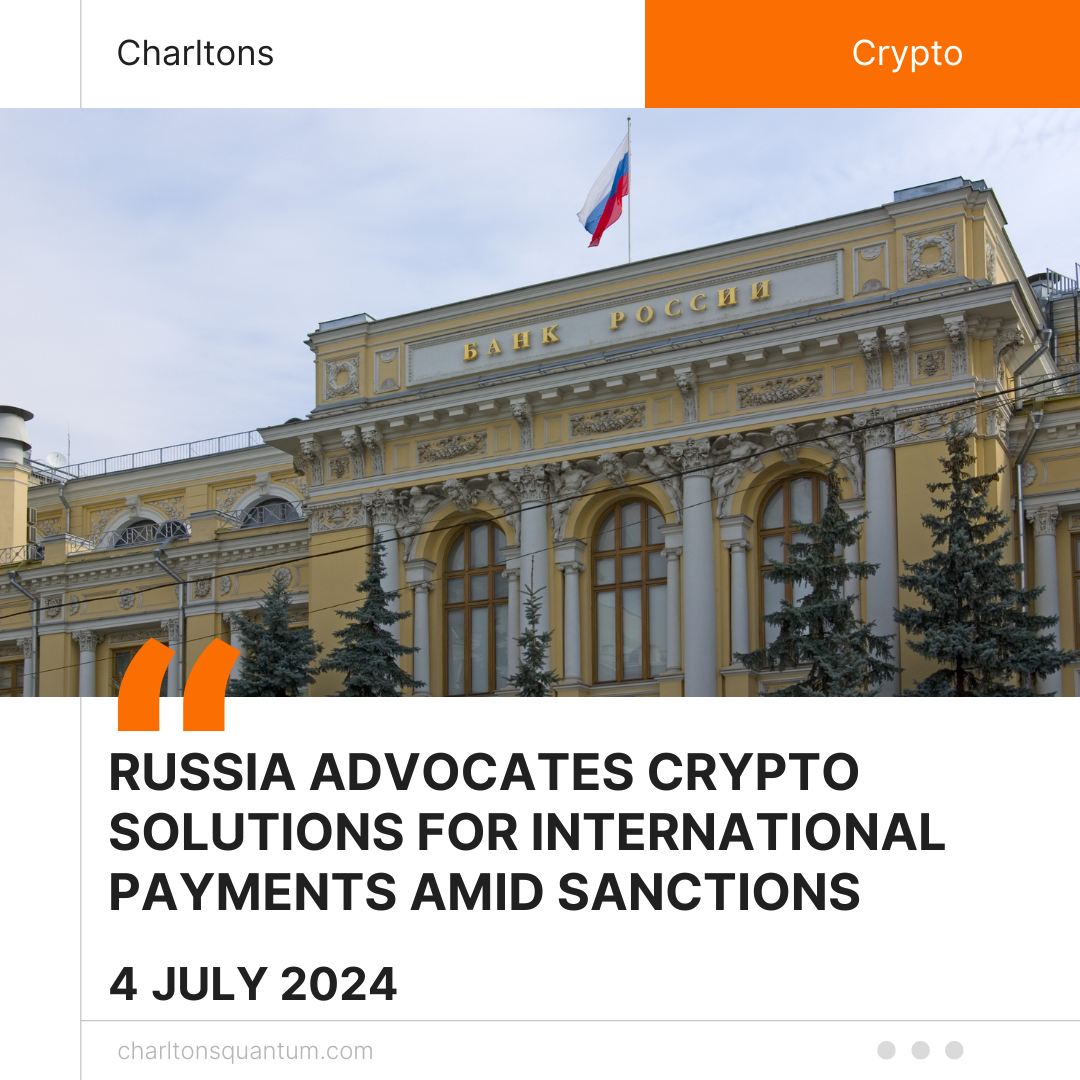
Amid escalating Western sanctions, Russia’s central bank is advocating the use of cryptocurrencies and other digital assets to facilitate international payments. Elvira Nabiullina, the governor of the Bank of Russia, underscored the significance of innovative financial solutions at a financial conference in St. Petersburg on June 26, 2024.
The Russian central bank’s shift towards embracing cryptocurrencies reflects a broader strategy to mitigate the impact of sanctions and sustain its trade relationships, especially with countries like China, India, the United Arab Emirates, and Turkey, which have not imposed sanctions. Nabiullina highlighted the resilience and ingenuity of Russian businesses in adapting to these challenges, noting that many have already started exploring alternative payment methods without waiting for official guidance.
This strategic pivot comes as Western sanctions have severely affected major Russian financial institutions, targeting entities like the Moscow Stock Exchange and Russia’s domestic alternative to the SWIFT global payments system. These sanctions have spurred the need for a reliable alternative that could bypass traditional financial systems dominated by Western influences.
Nabiullina also revealed ongoing discussions among BRICS nations to establish the BRICS Bridge payments system. This initiative aims to create a new global payments network that would connect the financial systems of BRICS member countries, promoting greater economic cooperation and reducing dependency on Western financial structures. However, the governor noted that while the idea holds promise, actualizing such a system will require time and intricate negotiations.
In parallel, Andrei Kostin, head of VTB—Russia’s second-largest lender and recently sanctioned—emphasized the sensitivity of information regarding new payment mechanisms, suggesting that such details should be classified to prevent preemptive actions by Western countries.
The push towards digital asset utilization in international trade by Russia marks a significant development in the global financial landscape, potentially paving the way for broader acceptance and integration of cryptocurrencies in global commerce.





